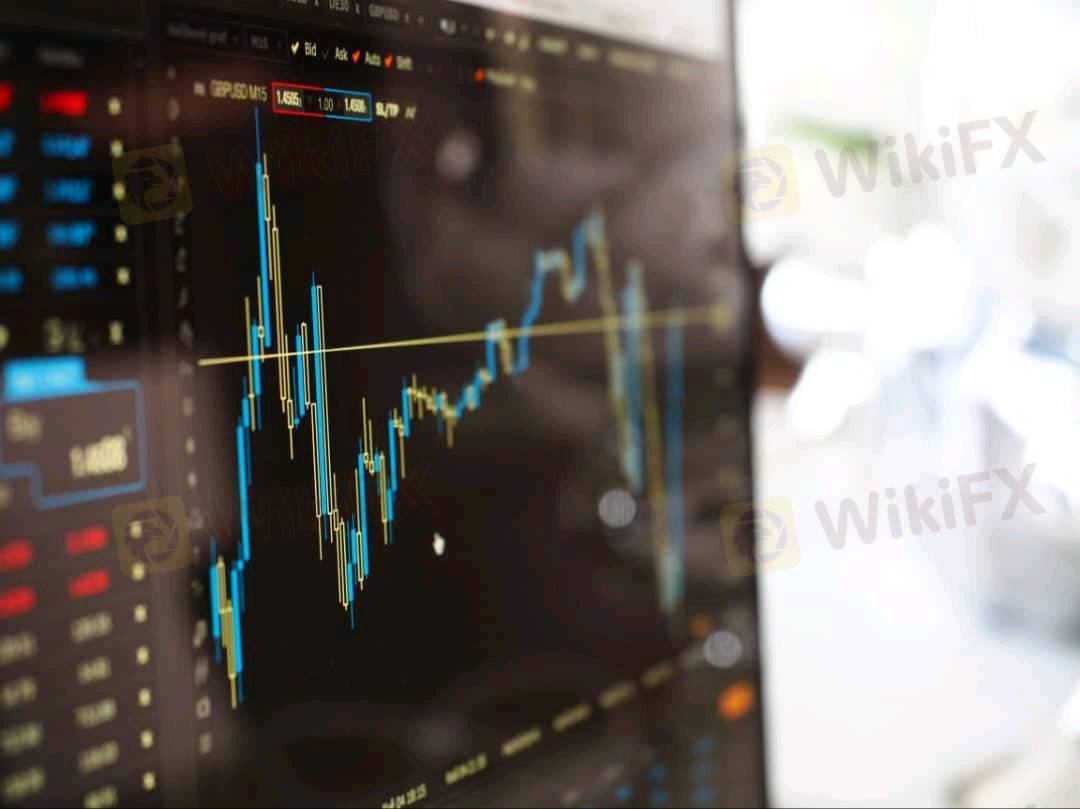
2025-01-29 18:15
อุตสาหกรรมHow Forex Liquidity Affects Your Trades
#firstdealofthenewyearAKEEL
How Forex Liquidity Affects Your Trades
Forex liquidity refers to how easily a currency pair can be bought or sold without significantly affecting its price. High liquidity means more buyers and sellers are in the market, leading to tighter spreads, faster execution, and lower slippage, while low liquidity can cause wider spreads, price gaps, and unpredictable movements.
1. Impact of Liquidity on Spreads
High liquidity (Major Pairs): Tight spreads (e.g., EUR/USD, USD/JPY, GBP/USD).
Low liquidity (Exotic Pairs): Wide spreads (e.g., USD/TRY, EUR/ZAR).
Effect on Trades: Lower spreads reduce trading costs, making highly liquid pairs ideal for scalping and day trading.
2. Execution Speed and Slippage
High liquidity: Orders fill quickly at expected prices.
Low liquidity: Higher risk of slippage, where you get a different price than expected.
Effect on Trades: During high-liquidity periods (e.g., London & New York sessions), execution is smoother. During low-liquidity periods (e.g., weekends or holidays), slippage increases.
3. Volatility and Price Stability
High liquidity: More stable prices, less erratic movements.
Low liquidity: Sudden spikes and large price gaps.
Effect on Trades: If you trade low-liquidity pairs, use wider stop-losses and manage position sizing carefully to avoid stop-outs from erratic price swings.
4. Liquidity and Market Sessions
Most liquid: London (8 AM–4 PM GMT) and New York (1 PM–9 PM GMT) sessions.
Least liquid: Asian session (except for JPY pairs).
Effect on Trades: Trading during high-liquidity sessions ensures better pricing and execution. Avoid trading during illiquid periods unless necessary.
5. Impact on Large Orders (Institutional vs. Retail Trading)
Retail traders: Usually trade small lot sizes, so liquidity has minimal impact.
Institutional traders: Large orders can impact low-liquidity pairs, causing slippage.
Effect on Trades: If you're a retail trader, focus on highly liquid pairs for smoother order execution.
Final Thoughts
Liquidity plays a crucial role in spreads, execution speed, volatility, and trading costs. To minimize risk and maximize efficiency, trade highly liquid pairs during peak sessions. Are you looking for liquidity insights on specific forex pairs?
#firstdealofthenewyearAKEEL
ถูกใจ 0

M shariff
โบรกเกอร์
การพูดคุยยอดนิยม
ดัชนีทางเทคนิค
สอบถามค่ะ
ดัชนีทางเทคนิค
ผูกบัญชี
ดัชนีทางเทคนิค
vps พึ่งใช้มาได้ 7 วัน
ดัชนีทางเทคนิค
ประกาศรายชื่อผู้โชคดี แจกหนังสือ Forex
ดัชนีทางเทคนิค
vps 7 วันแล้วถูกตัด
ดัชนีทางเทคนิค
ขอคำแนะนำหน่อยครับ
การแบ่งแยกตลาด

แพลตฟอร์ม

งานแสดงสินค้า

ตัวแทนโบรกเกอร์

รับสมัครงาน

EA

อุตสาหกรรม

ราคาตลาด

ดัชนี
How Forex Liquidity Affects Your Trades
 ประเทศไนจีเรีย | 2025-01-29 18:15
ประเทศไนจีเรีย | 2025-01-29 18:15#firstdealofthenewyearAKEEL
How Forex Liquidity Affects Your Trades
Forex liquidity refers to how easily a currency pair can be bought or sold without significantly affecting its price. High liquidity means more buyers and sellers are in the market, leading to tighter spreads, faster execution, and lower slippage, while low liquidity can cause wider spreads, price gaps, and unpredictable movements.
1. Impact of Liquidity on Spreads
High liquidity (Major Pairs): Tight spreads (e.g., EUR/USD, USD/JPY, GBP/USD).
Low liquidity (Exotic Pairs): Wide spreads (e.g., USD/TRY, EUR/ZAR).
Effect on Trades: Lower spreads reduce trading costs, making highly liquid pairs ideal for scalping and day trading.
2. Execution Speed and Slippage
High liquidity: Orders fill quickly at expected prices.
Low liquidity: Higher risk of slippage, where you get a different price than expected.
Effect on Trades: During high-liquidity periods (e.g., London & New York sessions), execution is smoother. During low-liquidity periods (e.g., weekends or holidays), slippage increases.
3. Volatility and Price Stability
High liquidity: More stable prices, less erratic movements.
Low liquidity: Sudden spikes and large price gaps.
Effect on Trades: If you trade low-liquidity pairs, use wider stop-losses and manage position sizing carefully to avoid stop-outs from erratic price swings.
4. Liquidity and Market Sessions
Most liquid: London (8 AM–4 PM GMT) and New York (1 PM–9 PM GMT) sessions.
Least liquid: Asian session (except for JPY pairs).
Effect on Trades: Trading during high-liquidity sessions ensures better pricing and execution. Avoid trading during illiquid periods unless necessary.
5. Impact on Large Orders (Institutional vs. Retail Trading)
Retail traders: Usually trade small lot sizes, so liquidity has minimal impact.
Institutional traders: Large orders can impact low-liquidity pairs, causing slippage.
Effect on Trades: If you're a retail trader, focus on highly liquid pairs for smoother order execution.
Final Thoughts
Liquidity plays a crucial role in spreads, execution speed, volatility, and trading costs. To minimize risk and maximize efficiency, trade highly liquid pairs during peak sessions. Are you looking for liquidity insights on specific forex pairs?
#firstdealofthenewyearAKEEL
ถูกใจ 0
ฉันต้องการที่จะแสดงความคิดเห็น
ถามคำถาม
0ความคิดเห็น

ยังไม่มีใครแสดงความคิดเห็น รีบแสดงความคิดเห็นก่อนเพื่อน

ถามคำถาม
ยังไม่มีใครแสดงความคิดเห็น รีบแสดงความคิดเห็นก่อนเพื่อน